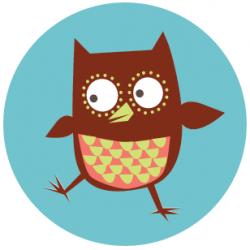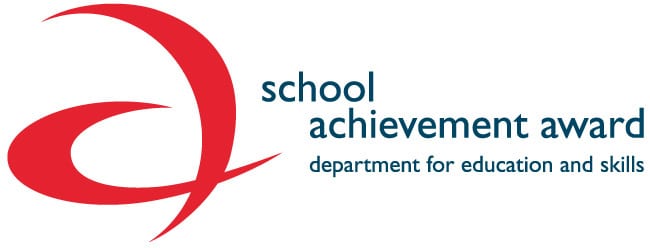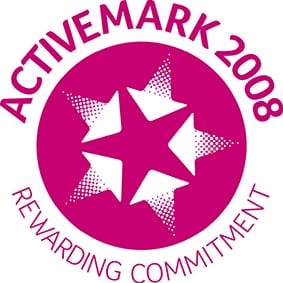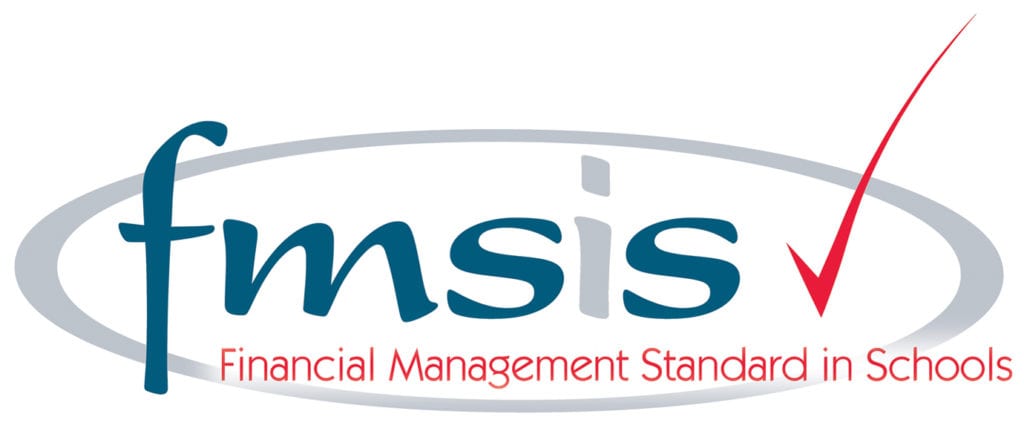How you can help at home (Oxford Owl)
The early reading skills children learn at this age are an important foundation for starting school.
The focus at this age is on sharing stories, songs, and rhymes together and building talking and listening skills.
There are lots of fun and easy ways to help your child get ready to read. Here are our top ideas.
- Talk about books, words, and pictures
Before you start reading a book, talk about the title and the pictures on the cover (front and back). Ask your child what they think the story might be about. After reading, ask your child what they liked about the story.
Try asking ‘how’ and ‘why’ questions about the story and the pictures. For example:
‘How did the bear get across the river?’
‘Why was the fox cross?’
- Listen to (and sing!) songs and rhymes
Singing songs and nursery rhymes helps your child to hear the sounds in words and build up a bank of favourites they know well. Play with words and sounds and make up nonsense rhymes too. Encourage them to join in.
- All join in
When you are reading to your child, ask them to join in with bits that are repeated. For example, ‘Run, run, as fast as you can! You can’t catch me, I’m the gingerbread man!’. Traditional stories, often have repeated phrases, and children will love doing the voices!
- Play rhyming games
Rhyming games are fun and will help your child start to hear and understand speech sounds. Try ‘I spy’ when you are out and about. Have fun with rhyming words – for example, can your child think of a word that rhymes with ‘cat’?
In all games and activities, make sure you pronounce speech sounds clearly. Try to make them as short as possible – for example, the letter m has a short /m/ sound, not a continuous /mmmmmmm/ sound. Try not to add an extra sound onto the speech sound either (for example, the sound is /m/ and not /m-uh/).







